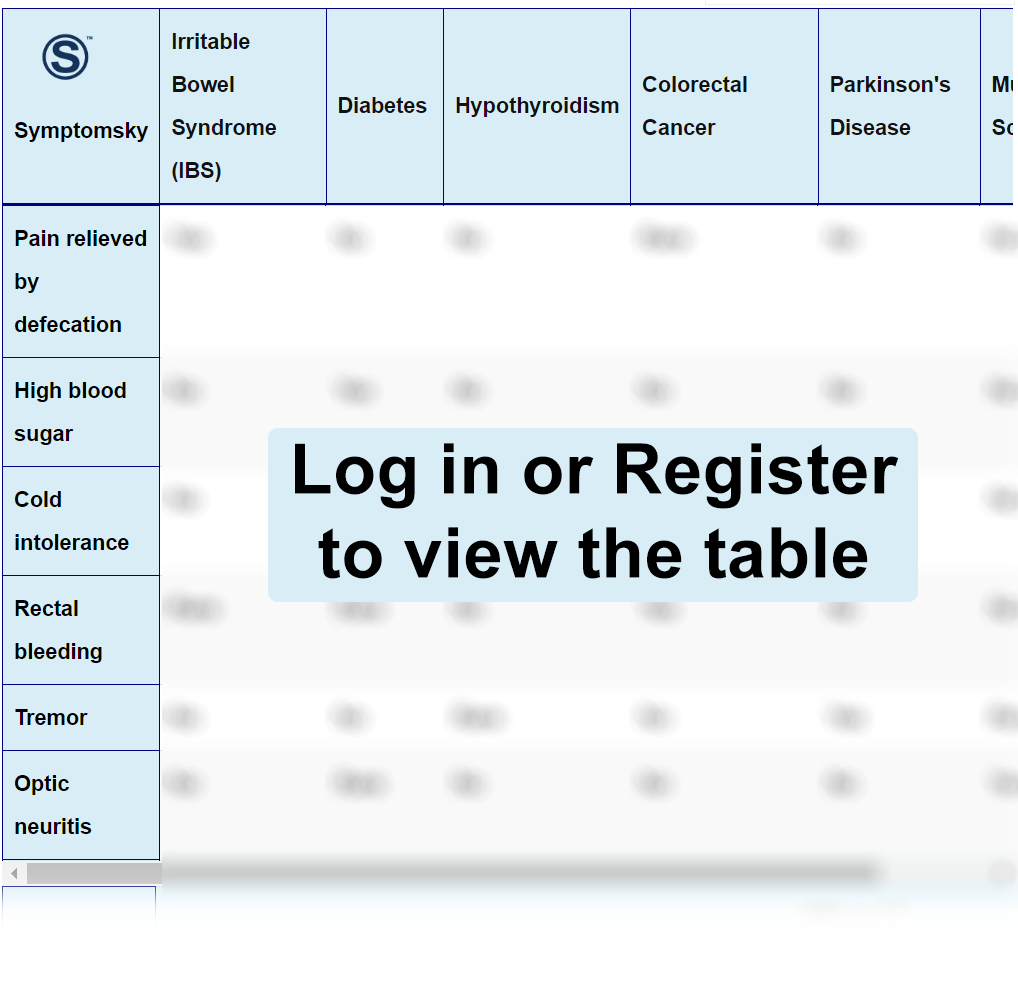Constipation is a condition in which a person experiences uncomfortable bowel movements due to hard or dry stool, which is a result of less fiber intake in the daily diet and less exercise. This is the common problem and almost everyone has experienced this harmless disease. The main symptoms of constipation are fewer bowel movements in a week with hard and lumpy stools. Sometimes abdominal pain can also be the main symptom that indicates constipation.
There is also a possibility that a tumor or rectal cancer is causing this condition. Although it’s not common. We have a few videos on constipation and how you can avoid it and treat it with the right medication and self-care. Please look at these as well to see the depth of the danger of this complication.
One of the most common questions on our minds is should we stop eating while constipated? According to medical prospects, the answer is no. If you think that skipping food cleans out your colon, then you are completely wrong, in fact the opposite is true. So, eating the healthy food that contains fiber helps move the bowel movements.
Constipation is usually a harmless disease but there are some worse symptoms that indicate the seriousness of this disease including severe abdominal pain, constipation lasting more than 3 weeks, etc. that need urgent medical attention.
Contents
- 1 Constipation Differential Diagnosis Table:
- 2 How To Recognize Which Disease Is Causing Constipation
- 2.1 How to Recognize if Irritable Bowel Syndrome (IBS) is Causing Constipation
- 2.2 How to Recognize if Diabetes is Causing Constipation
- 2.3 How to Recognize if Hypothyroidism is Causing Constipation
- 2.4 How to Recognize if Colorectal Cancer is Causing Constipation
- 2.5 How to Recognize if Parkinson’s Disease is Causing Constipation
- 2.6 How to Recognize if Multiple Sclerosis is Causing Constipation
- 3 Important Red Flags in Constipation
- 4 Our Additional Resources:
Constipation Differential Diagnosis Table:

Constipation is when it’s difficult to pass stool. It’s usually defined as having less than three stools per week, but having constipation can also make it painful during defecation or result in very dry and hard stool. Constipation is often caused by bad dietary habits, low water intake, and low exercise, and it’s often known that the risk for constipation increases with older ages. But sometimes it can be a symptom of an underlying disease or a chronic condition. Constipation can lead to some complications, especially if it’s a chronic condition; it can lead to anal tears or hemorrhoids. According to its cause, constipation can either be treated with medications or by improving patients’ lifestyles.
How To Recognize Which Disease Is Causing Constipation
How to Recognize if Irritable Bowel Syndrome (IBS) is Causing Constipation
Irritable bowel syndrome is a chronic condition characterized by severe abdominal pain, bloating, gas, and changes in bowel movement. The exact cause of the disease is not known, but changing dietary habits and lifestyle can often improve symptoms with the help of medications.
Constipation caused by IBS is often accompanied by pain that is relieved by passing stool. Another sign is that changes in bowel movement that occur with IBS can often lead to constipation and diarrhea alternatively.
How to Recognize if Diabetes is Causing Constipation
Diabetes is a chronic condition caused by increased blood glucose level due to malfunctioning of insulin secretion in the body. It can either occur in infants and children due to a problem in B cells that secrete insulin and is referred to as diabetes type 1, or it can occur later in life due to obesity or genetic conditions and is referred to as diabetes type 2. In the long term, even with treatment, diabetes can lead to several complications.
One common condition affecting about 60% of diabetic patients is constipation, due to overtime high blood glucose leading to nerve damage (diabetic neuropathy). This can affect nerves of the gut and intestine, leading to changes in bowel movement, either as constipation or diarrhea.
The most reliable way to differentiate constipation caused by diabetes from other causes is to check blood glucose level and HbA1c to confirm the diagnosis of diabetes and perform a physical examination to confirm the presence of diabetic neuropathy.
How to Recognize if Hypothyroidism is Causing Constipation
Hypothyroidism is a condition in which patients have low thyroid hormone in their body. This can be due to various reasons, including autoimmune issues or tumors. Some people also have low thyroid hormone without any symptoms. This condition can lead to a variety of symptoms such as increased body weight, cold intolerance, tiredness, and constipation. In most cases, hypothyroidism can be treated with medication to replace thyroid hormone. One of the most common symptoms of hypothyroidism is constipation. This is due to the slowing of the digestive system. Differentiation between constipation due to hypothyroidism from other causes depends on the diagnosis of hypothyroidism through a thyroid function profile: TSH, T4, and T3.
How to Recognize if Colorectal Cancer is Causing Constipation
Colorectal cancer is the presence of abnormal growth in the lining of the colon. It usually develops as polyps that grow in the colon. It’s easily detectable and has a good prognosis if detected early. Colon cancer usually presents with constipation, but unlike other causes, it’s accompanied by bleeding due to rectal bleeding and abdominal pain.
How to Recognize if Parkinson’s Disease is Causing Constipation
Parkinson’s disease is a progressive neurological disorder that affects the body’s nervous system, causing disturbances in movement and most commonly tremors. Till now there’s no cure for Parkinson’s disease, but medication can help in improving symptoms and delaying progression. Constipation is a common symptom that develops in the late stage of Parkinson’s disease. Some link it to the disease itself due to malfunction of the autonomic nervous system, and some link it as a side effect of the medication that treats the disease itself. Recognizing constipation caused by Parkinson’s mainly depends on the presence of tremors and other abnormal motor functions that can help in the diagnosis of Parkinson’s. Changing dietary habits and laxatives can help in improving constipation in this condition.
How to Recognize if Multiple Sclerosis is Causing Constipation
Multiple sclerosis is a progressive autoimmune disease. It causes the body to attack itself, leading to damage of the myelin sheath that covers nerves. This leads to complications in the whole body and progression to many disabilities leading to death. Till now there’s no cure for multiple sclerosis, although some medications can delay the progression of the disease.
Changes in bowel movement are very common in multiple sclerosis. Half of MS patients may experience constipation since it can affect the brain’s signal to empty the bowel, leading to constipation. The presence of optic neuritis (the most common symptom of multiple sclerosis) with constipation can rule out other underlying conditions causing constipation.
Important Red Flags in Constipation
Although constipation in most cases can be a mild symptom that resolves on its own, it can sometimes be a symptom of a severe underlying condition and can also lead to some serious complications.
Some red flags that may require immediate attention are the presence of blood in stool, which usually means the presence of a rectal or anal tear, maybe due to hemorrhoids or the presence of a mass.
Vomiting and abdominal pain alongside constipation may reflect problems in the GIT such as infection or IBS or the presence of tumors in some cases.
Long-term constipation that is present for weeks may be a sign of intestinal obstruction as well.
Severe weight loss along with constipation has been considered a major red flag since it is usually associated with abdominal diseases.
Our Additional Resources:
About our project:
Click on the the chat icon in the lower right corner of the screen

